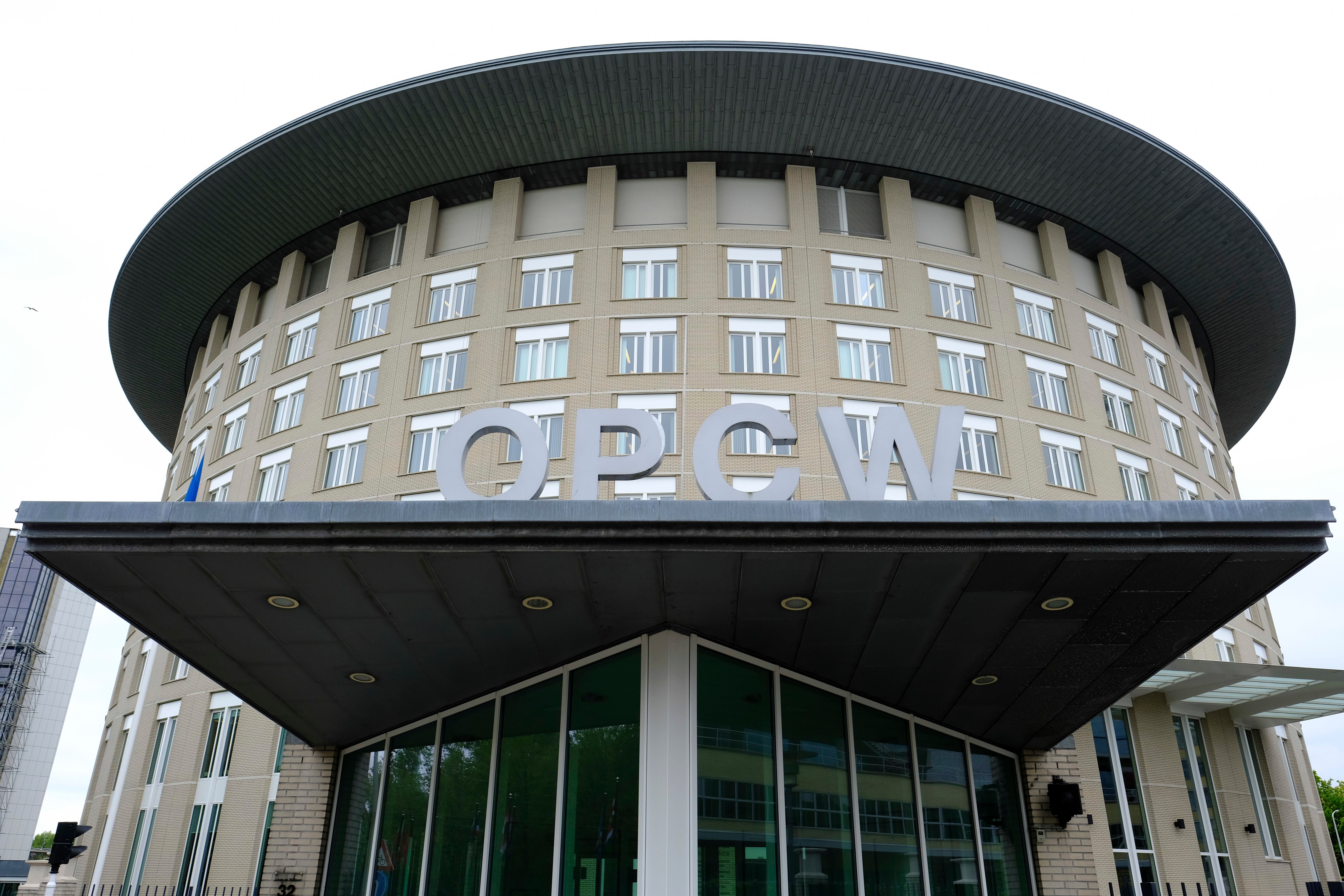International watchdog investigation finds Islamic State used mustard gas in 2015 attack in Syria
An international investigative team says that its probe into a 2015 attack in Syria found “reasonable grounds to believe” that the Islamic State group used mustard gas

Your support helps us to tell the story
From reproductive rights to climate change to Big Tech, The Independent is on the ground when the story is developing. Whether it's investigating the financials of Elon Musk's pro-Trump PAC or producing our latest documentary, 'The A Word', which shines a light on the American women fighting for reproductive rights, we know how important it is to parse out the facts from the messaging.
At such a critical moment in US history, we need reporters on the ground. Your donation allows us to keep sending journalists to speak to both sides of the story.
The Independent is trusted by Americans across the entire political spectrum. And unlike many other quality news outlets, we choose not to lock Americans out of our reporting and analysis with paywalls. We believe quality journalism should be available to everyone, paid for by those who can afford it.
Your support makes all the difference.An international investigative team said Thursday that its probe into a 2015 attack in Syria found “reasonable grounds to believe” that the Islamic State group used mustard gas, the latest finding of use of poison gas and nerve agents in Syria's grinding civil war.
The report by the Investigation and Identification team of the Organization for the Prohibition of Chemical Weapons found that mustard gas, also known as sulfur mustard, was used during attacks on Sept. 1, 2015, as Islamic State attacked the town of Marea.
The investigation “established that the chemical payload was deployed by artillery from areas under the control of ISIL, and that no entity other than ISIL possessed the means, motives, and capabilities to deploy sulfur mustard as part of an attack in Marea,” its report said, referring to Islamic State in Iraq and the Levant.
“This is a stark reminder to the international community that non-state actors like ISIL have developed the capacity and the will to use chemical weapons.” OPCW Director-General Ambassador Fernando Arias said. "This emphasises the OPCW’s pivotal role and expertise in addressing such threats. The facts are now known – it is up to the international community to take action, at the OPCW and beyond.”
The report said that 11 people “experienced symptoms consistent with exposure to sulfur mustard.”
Previous reports by the team have held Syrian government forces responsible for using chemical weapons five times in three different towns and cities in Syria in 2017 and 2018. Syria denies using chemical weapons.
The team was established in 2018 to replace the United Nations-OPCW Joint Investigative Mechanism, which was disbanded when Russia vetoed a resolution to extend its mandate in 2017.
Inspectors for the Joint Investigative Mechanism determined that Syrian President Bashar Assad’s government was behind at least three attacks involving chlorine gas and the Islamic State extremist group was responsible for at least one involving mustard gas.